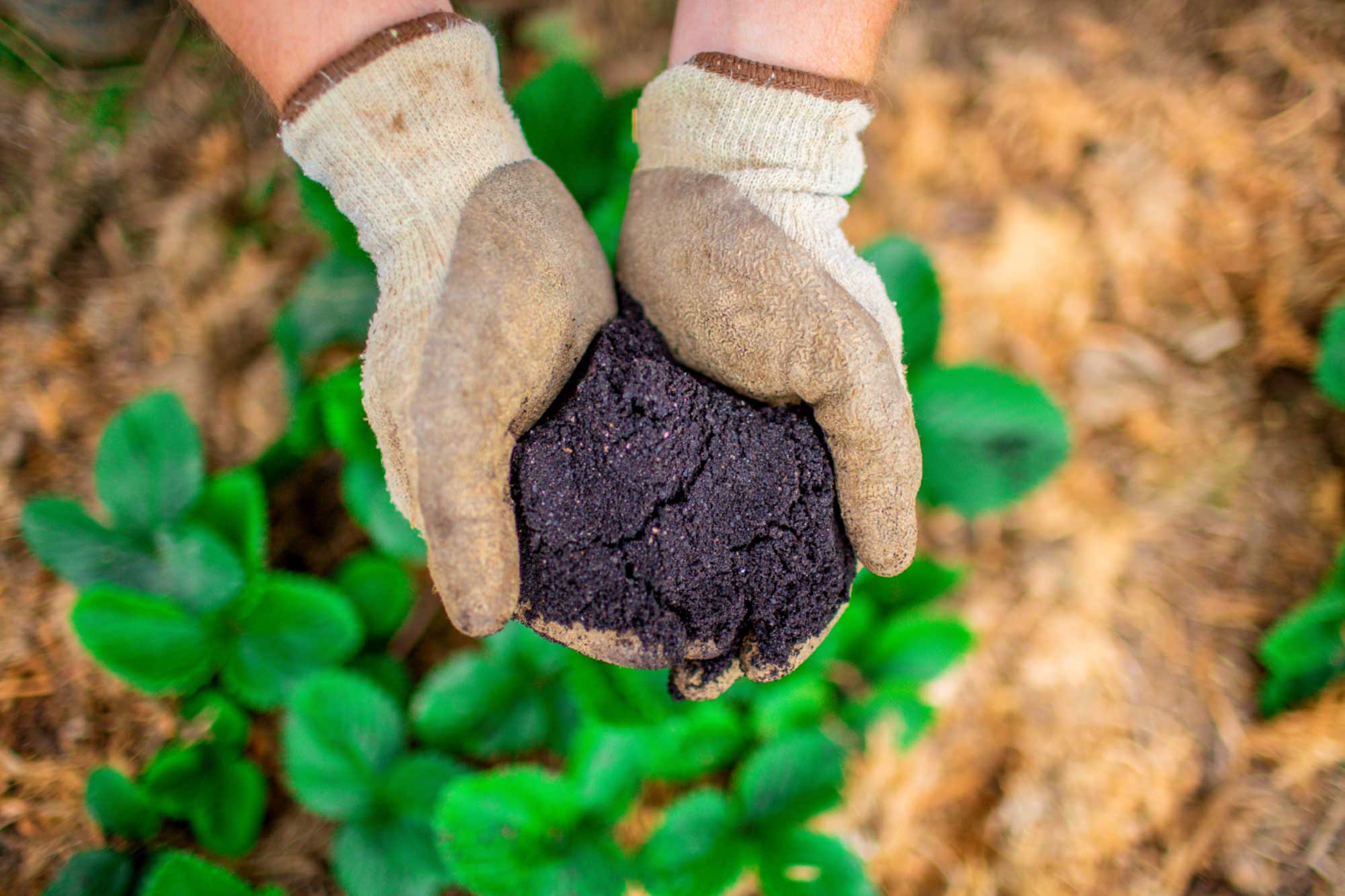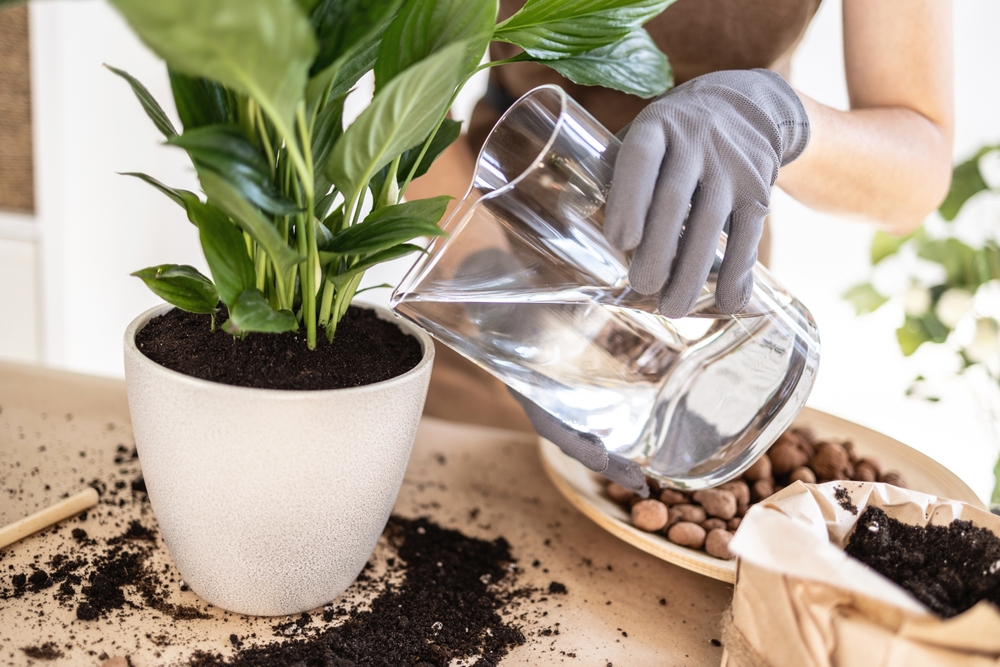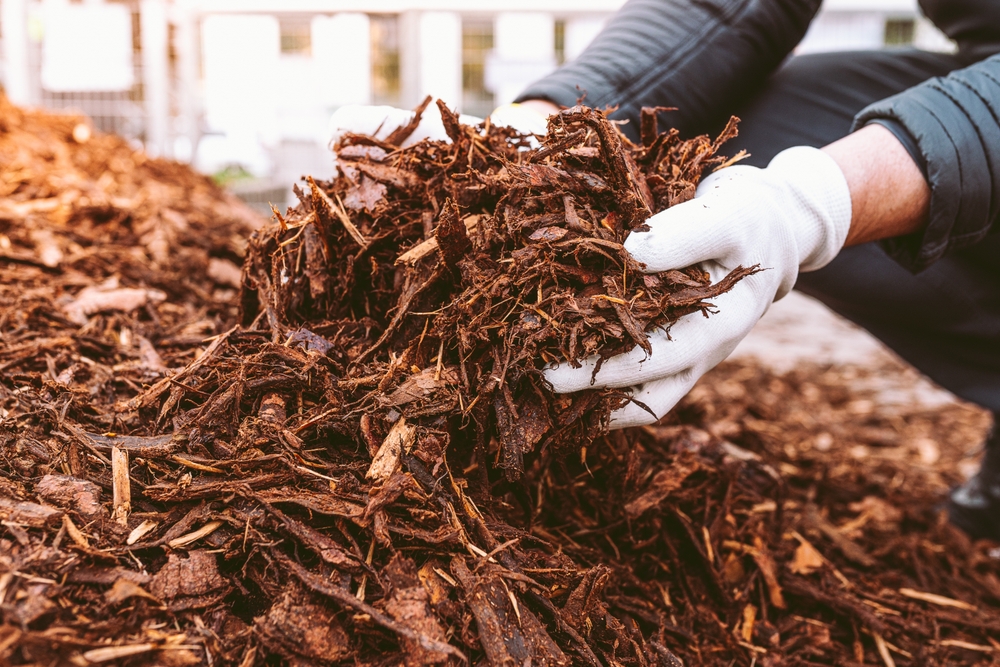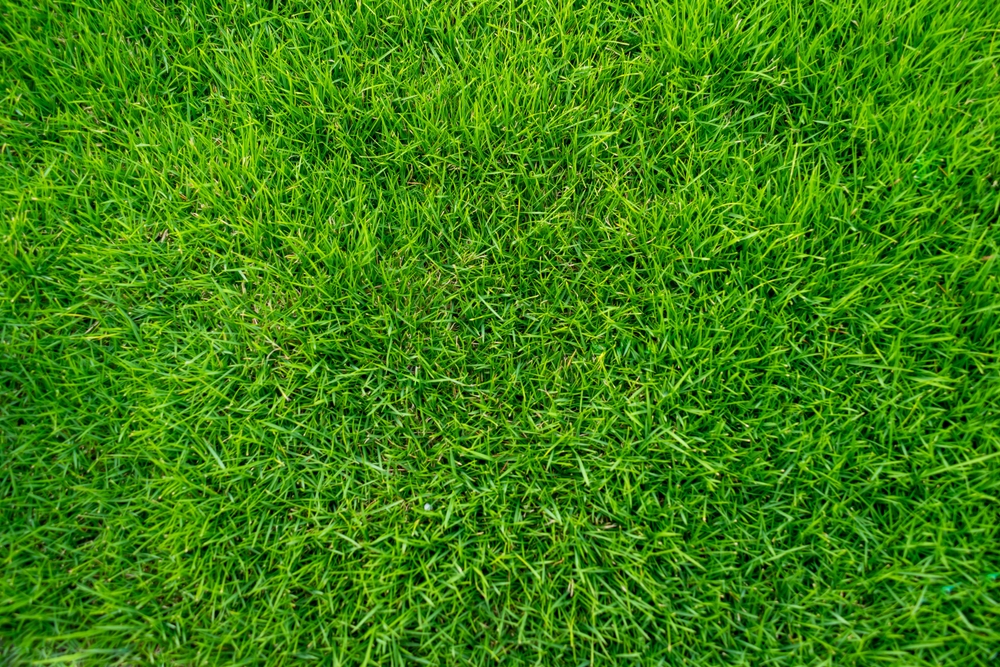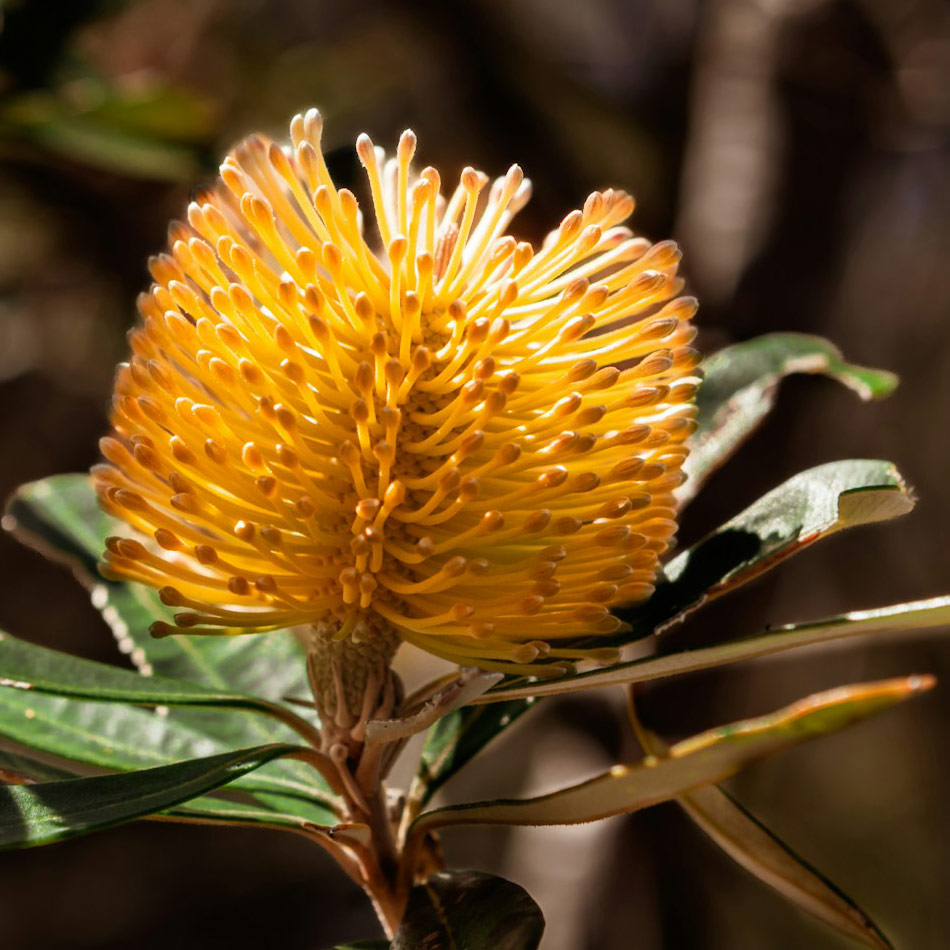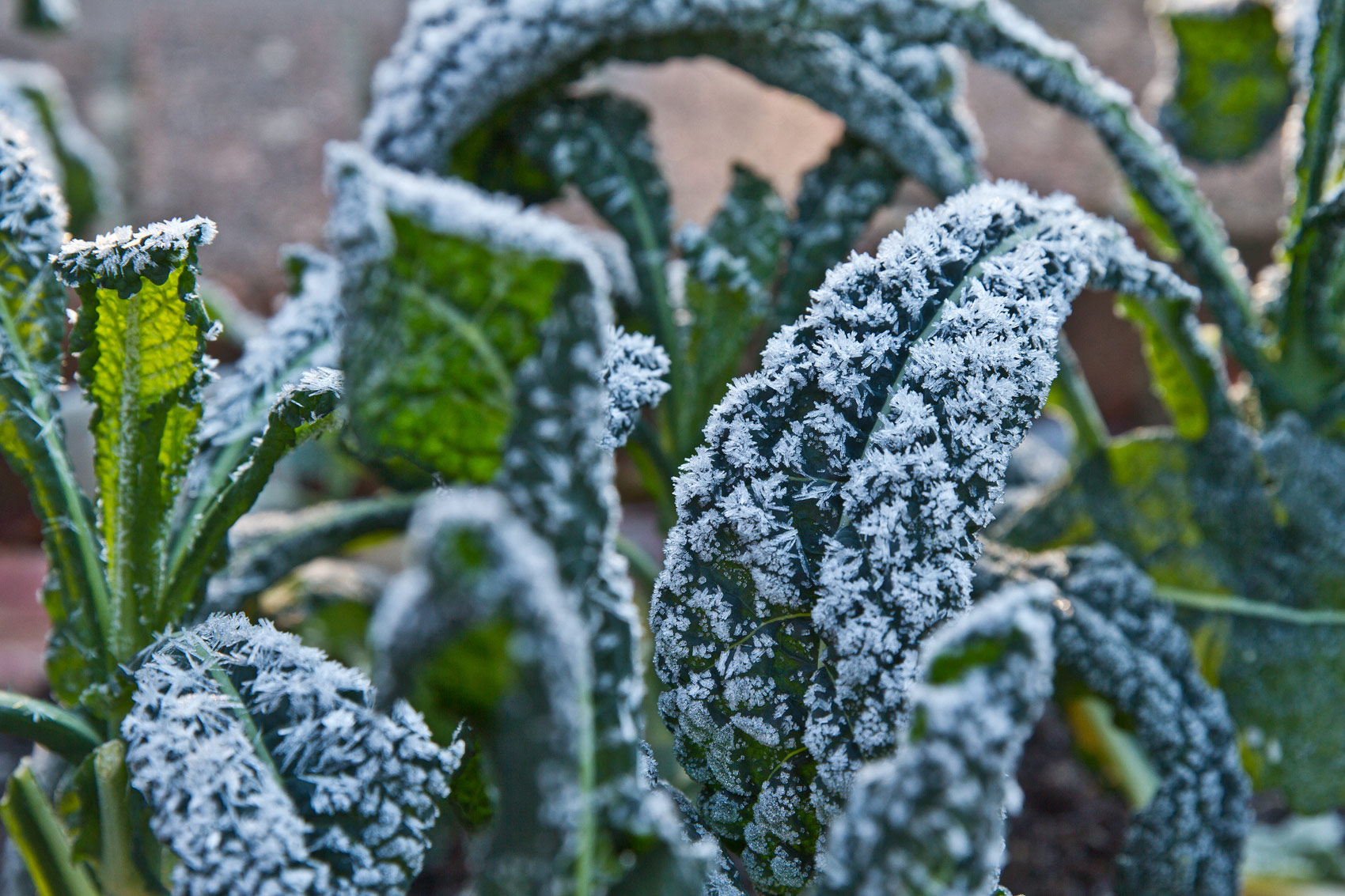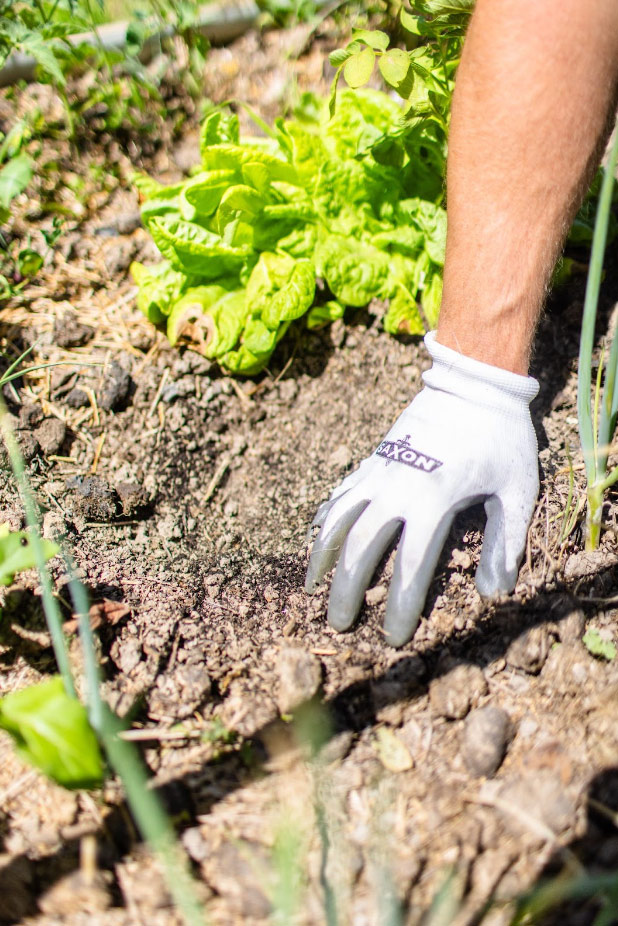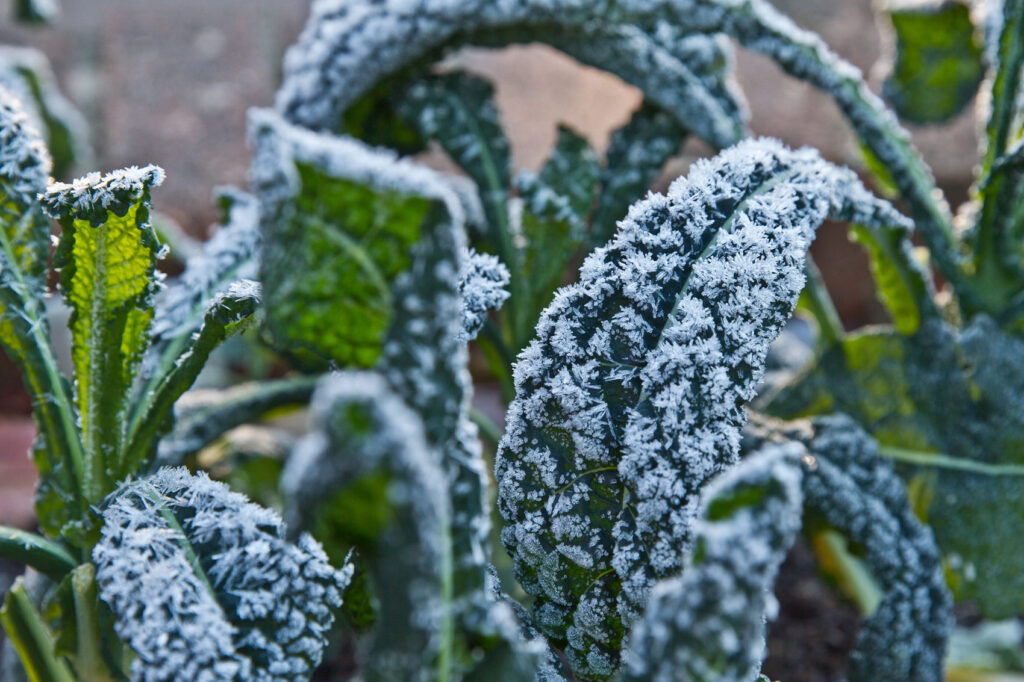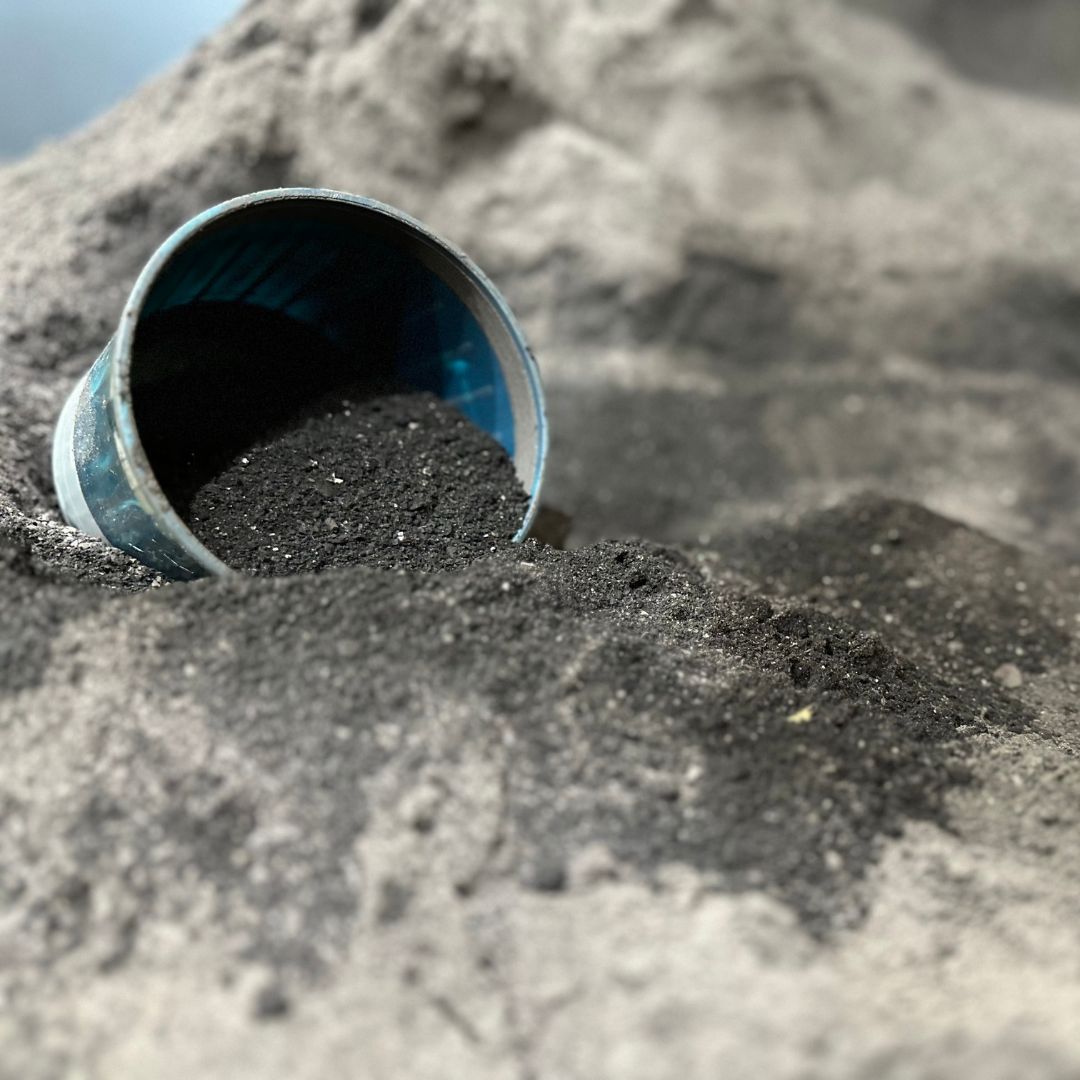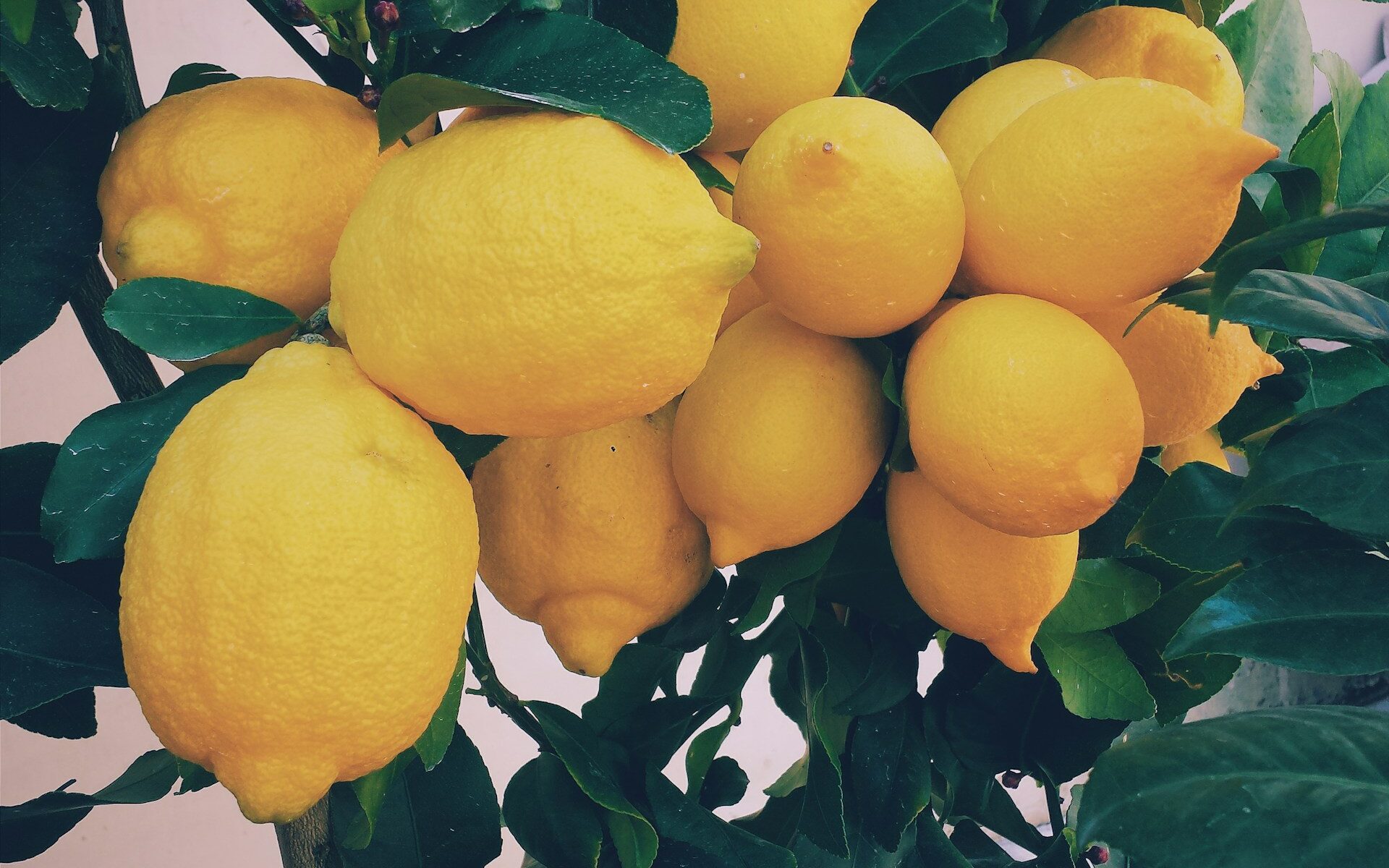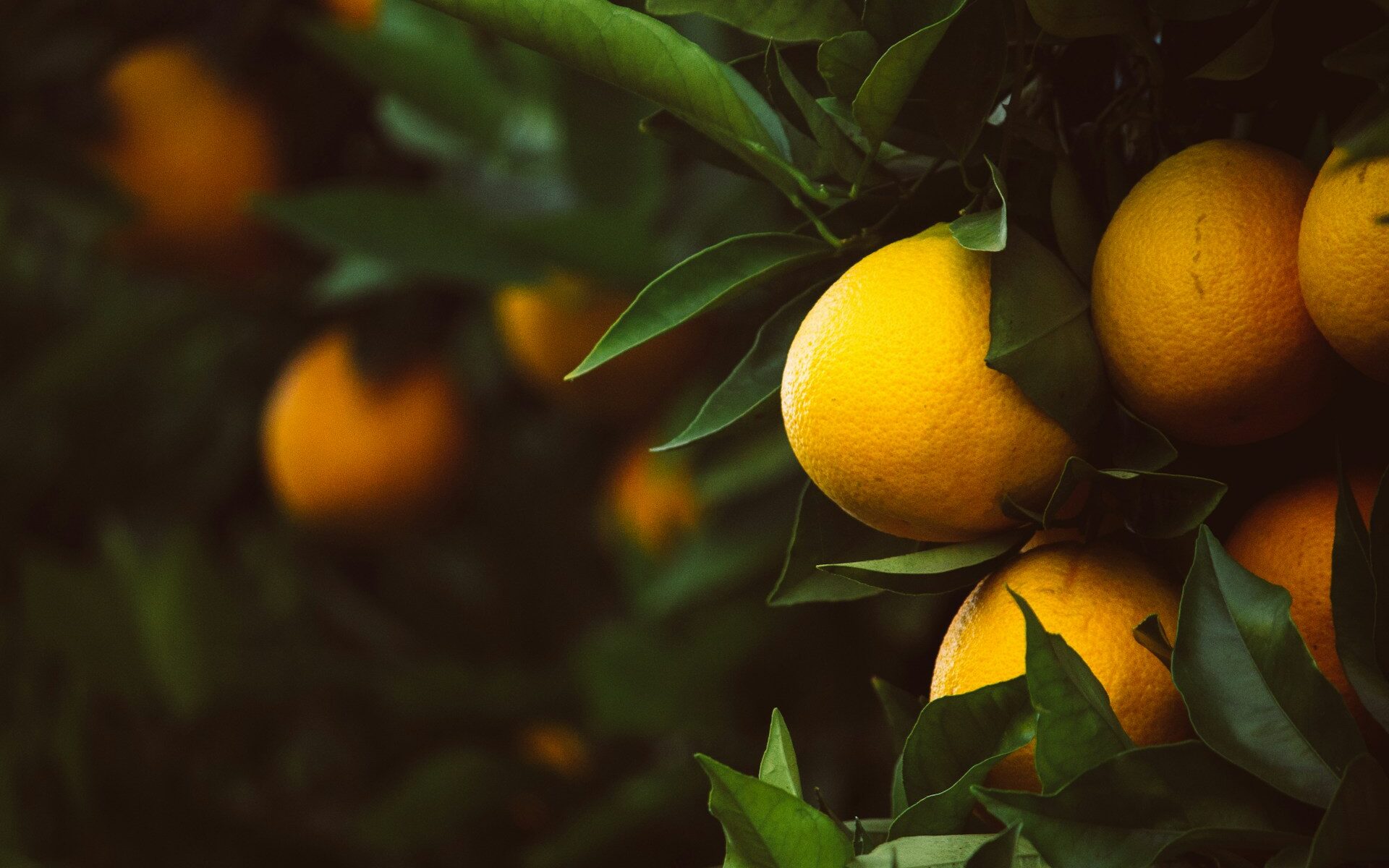Introducing Ocean2Earth’s Circular Economy Agriculture System
Sustainable farming is essential for the future of agriculture, and at Ocean2Earth (O2E), we’ve built on our history as a natural garden solution to now support large-scale agriculture.
Our system focuses on improving soil health and crop productivity in a way that works with nature. Using Biologically Activated Minerals (BAM) and Sea Spray, a mineral-rich fish and seafood waste hydrolysate, we provide farmers and agricultural businesses with practical, sustainable tools to enhance their soil and plant health while caring for the environment.
What Makes Ocean2Earth Different?
At its core, Ocean2Earth combines innovation with a deep commitment to sustainability.
Here’s what sets them apart:
- Circular Economy – By processing marine, seafood, and other industry by products, Ocean2Earth diverts over 500 tons of waste each year from landfill.
- Unique Formulas – Utilising rich marine minerals, including iron, calcium, and magnesium, O2E products revitalise soil ecosystems.
- Australian-Made – Proudly crafted in the Bega Valley, NSW, their products are tailored for the unique conditions Australian farmers face.
- Sustainability First – Ocean2Earth is the first Australian company to receive government approval for selling marine compost, demonstrating their leadership in eco-friendly farming practices.
The Ocean2Earth Agricultural System
Ocean2Earth offers a two-step system designed to maximise soil health and reduce dependence on synthetic fertilisers, ensuring a greener, more sustainable approach to farming.
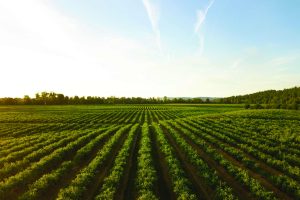 |
Step 1 – Soil TestingBefore applying any product, Ocean2Earth emphasises the importance of soil testing. Why? Top Picks
With a simple soil test, growers can make informed, targeted decisions to improve yields and |
 |
Step 2 – Biologically Activated Minerals (BAM)Ocean2Earth’s Biologically Activated Minerals (BAM) is the foundation of our system. ● How it works: BAM is applied through conventional top-dressing methods to enhance soil with essential nutrients and create greater microbial activity. ● Benefits: Why BAM? It facilitates sustainable farming while improving productivity, directly impacting |
 |
Step 3 – SEA SPRAY – Potent Seafood HydrolysateOcean2Earth doesn’t stop at the soil—it takes plant nourishment to the next level with Sea What is Sea Spray?
–Benefits of Sea Spray: Supporting Products for Ultimate Flexibility 1. Cal/Mag with 2% Humate 2. Foliar with 2% Humate 3. N/P with 2% Humate 4. Trace with 2% Humate
|
The Big Picture Benefits
FOR FARMERS
- Cost Efficiency – By improving soil health, Ocean2Earth reduces the need for expensive chemical fertilisers.
- Higher Productivity – Nutrient-rich pastures and better crop yields ensure a higher return on investment.
- Livestock Well-being – Improved feed quality benefits milk and butterfat production while supporting animal health.
FOR THE PLANET
- Waste Reduction – By diverting 500+ tons of seafood waste from landfills annually, Ocean2Earth promotes a sustainable, circular economy.
- Environmentally Friendly Practices – Reduced dependency on synthetic fertilisers minimizes the ecological footprint of farming.
- Healthier Ecosystems – Natural nutrient cycles are restored.
Partnering for a Better Future
At Ocean2Earth, environmental responsibility and agricultural productivity go hand in hand. By choosing their innovative system, farmers, horticulturists, and agricultural businesses can take steps toward creating a sustainable, resilient future.
Learn more about Ocean2Earth’s Biologically Activated Minerals and Sea Spray Hydrolysate here and discover how these innovative products for a
natural Agriculture Solution
Your Soil Deserves the Best
Take the first step toward revitalising your soil today with Ocean2Earth. Contact us for advice or to book your soil test!

